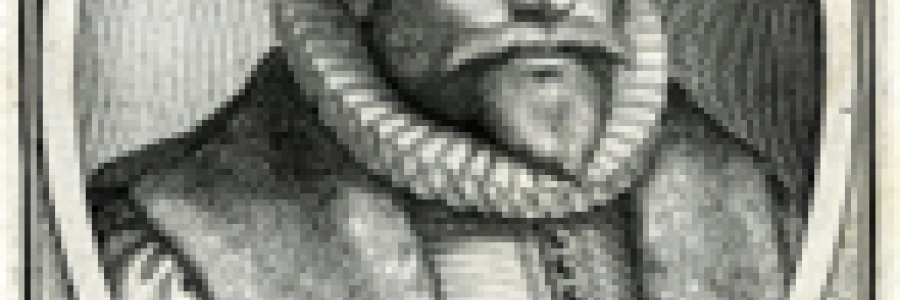Tim Keller Meets Thomas Aquinas: Common Grace, Human Nature and the Question of Non-Christian Virtue
Body
“As we have seen, Keller did indeed break with Augustine and Calvin here, who held that the doctrine of original sin makes non-Christian virtue impossible.” - London Lyceum
Discussion
Adam and Sin as the Bane of Evolution? A Review of Finding Ourselves After Darwin
Body
“Overall, these noteworthy essays represent a wide range of creative possibilities for updating our theological anthropology in line with a post-Darwinian setting, but they are less convincing when justifying the theological cost for doing so.” - Themelios
Discussion
Jacob Arminius and the Doctrine of Original Sin, Part 6
By John A. Aloisi. Reproduced from DBSJ 21 (2016) with permission. This installment continues Consideration of Original Sin and the Justice of God and concludes. Read the series.
Discussion
Jacob Arminius and the Doctrine of Original Sin, Part 5
By John A. Aloisi. Reproduced from DBSJ 21 (2016) with permission. This installment continues the study of Original Sin Itself, and follows a look at the defitions of Original Sin held by Augustine and Aquinus. Read the series.
Discussion
Jacob Arminius and the Doctrine of Original Sin, Part 4
By John A. Aloisi. Reproduced from DBSJ 21 (2016) with permission. This installment continues the study of Original Sin Itself, and follows a look at the defitions of Original Sin held by Augustine and Aquinus. Read the series.
Discussion
Jacob Arminius and the Doctrine of Original Sin, Part 3
From DBSJ 21 (2016). Republished with permission. By John A. Aloisi. Read the series.
Original Sin Itself
Adam’s first sin was a point of no return for the entire human race. Ever since that initial act of rebellion, all mankind has been born with the taint of original sin.33
Discussion
Jacob Arminius and the Doctrine of Original Sin, Part 2
From DBSJ 21 (2016). Republished with permission. By John A. Aloisi. Read Part 1.
Adam’s First Sin
Any discussion of original sin must begin with Adam’s first sin or what is often called “the Fall.” If, as the apostle Paul declared, sin was introduced into the human race through the sin of one man (Rom 5:12), then an examination of this first sin is preliminary to a consideration of original sin.
Discussion
Theology Thursday - The Council of Trent on Original Sin
Following the deep division in the church which had resulted from the Protestant Reformation, there was a widespread desire, which grew stronger and was expressed in a variety of ways, for an ecumenical council. Its aim would be to reject errors against faith, add strength to the official teaching, restore the unity of the church, and reform the standards of the Roman curia and of church discipline.1
FIFTH SESSION, held June 17, 1546.
Decree Concerning Original Sin2
That our Catholic faith, without which it is impossible to please God, may, errors being purged away, continue in its own perfect and spotless integrity, and that the Christian people may not be carried about with every wind of doctrine; whereas that old serpent, the perpetual enemy of mankind, amongst the very many evils with which the Church of God is in these our times troubled, has also stirred up not only new, but even old, dissensions touching original sin, and the remedy thereof; the sacred and holy, œcumenical and general Synod of Trent,—lawfully assembled in the Holy Ghost, the three same legates of the Apostolic See presiding therein,—wishing now to come to the reclaiming of the erring, and the confirming of the wavering,—following the testimonies of the sacred Scriptures, of the holy Fathers, of the most approved councils, and the judgment and consent of the Church itself, ordains, confesses, and declares these things touching the said original sin:



Discussion